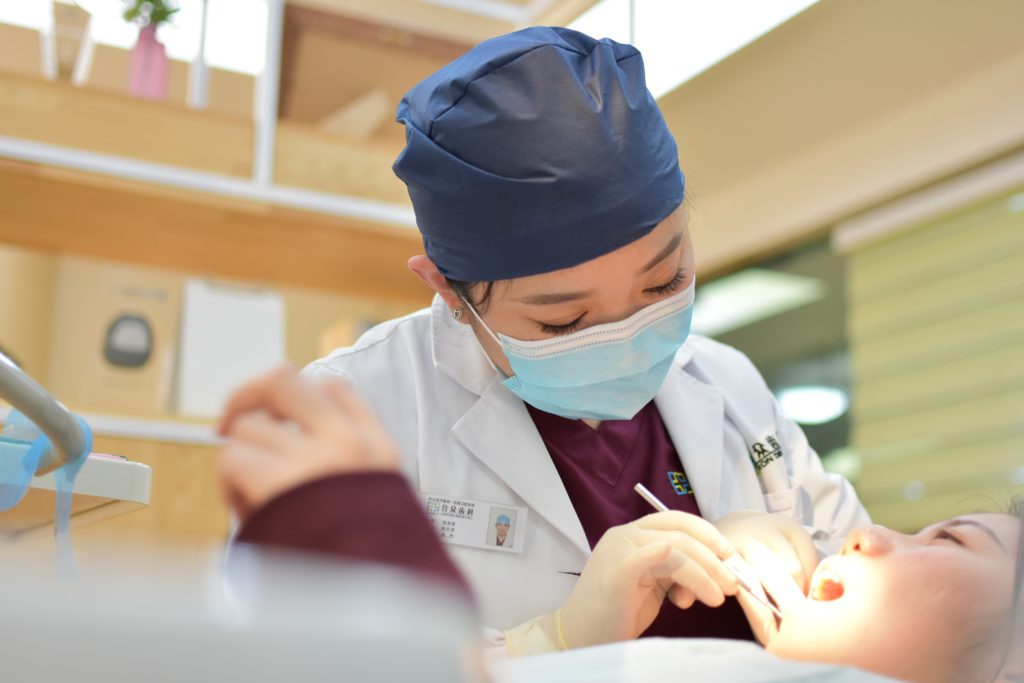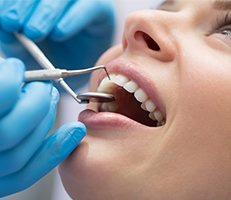Considering dental implants is a significant step toward restoring your smile and oral health. Dental implants are a permanent and highly effective solution for missing teeth, providing both functional and aesthetic benefits. But before you can enjoy a new, confident smile, you’ll have your first dental implant consultation. This initial appointment is crucial for determining if you’re a good candidate and for creating a personalized treatment plan.
To help you feel prepared and get the most out of a dental implant consultation, here’s a step-by-step guide on how to get ready.
Step 1: Gather Your Dental and Medical History
A dentist needs a full picture of your health to ensure the procedure is safe and successful. Bring a list of any medical conditions you have, including allergies, and all medications you’re currently taking—both prescription and over-the-counter. Also, be ready to discuss your dental history, including any previous tooth extractions, crowns, or other major procedures. This information helps your dentist identify any potential risk factors, such as gum disease or bone density issues, that need to be addressed before the implant surgery.
Step 2: Prepare a List of Questions for Your Dental Implant Consultation
This is your opportunity to learn everything you need to know about the dental implant process. Having a list of questions ready will ensure you don’t forget to ask anything important. Here are a few questions you might consider:
- Am I a good candidate for dental implants?
- What are the risks and benefits of the procedure?
- How long will the entire process take, from start to finish?
- What is the estimated cost, and are there payment plans available?
- Will I need a bone graft or any other preliminary procedures?
- How should I care for my new implants?
Writing your questions down beforehand will help you feel more in control and allow you to absorb the information more effectively during the consultation.
Step 3: Understand Your Goals and Expectations
Think about why you want dental implants and what you hope to achieve. Are you looking to replace a single missing tooth, or do you need a full-mouth restoration? Do you want to improve your ability to chew and speak, or are your primary concerns aesthetic? Being clear about your goals will help the dentist tailor a treatment plan that meets your needs. It’s also important to have realistic expectations. While dental implants are an excellent long-term solution, the process takes time and careful planning.
Step 4: Arrange for Dental Records
If you’re a new patient at our clinic, you may need to arrange for your dental records and X-rays to be sent from your previous dentist. Having this information available can save time and help your new dentist better understand your oral health history. If you’ve had a recent consultation with an orthodontist or oral surgeon, bring those records as well.
What to Expect During the Consultation
On the day of your appointment, your dentist will conduct a thorough oral examination. This may include taking new X-rays or a 3D scan of your jaw to assess bone quality and determine the best placement for the implants. They will then review your medical history and discuss your treatment options. You’ll have the chance to go through the questions you prepared and get detailed answers directly from the professional. This consultation is a partnership, designed to make sure you are comfortable and well-informed before moving forward.
Schedule a Dental Implant Consultation at New Hyde Park Dental
By taking these steps, you’ll be well-prepared for your first dental implant consultation, setting the stage for a successful and confident journey toward a healthier, more beautiful smile. At New Hyde Park Dental, we pride ourselves on compassionate service during all consultations. Book your dental implant consultation with us today.





